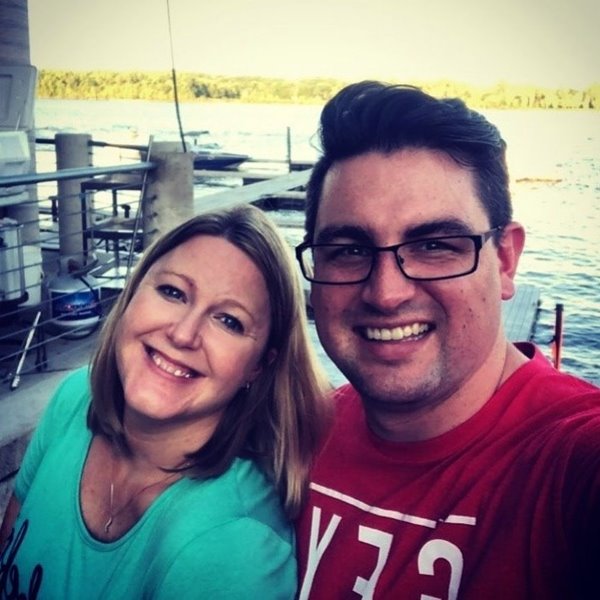There’s no easy time to talk about the end of life. For the Mullins of Monticello, it came when they were expecting their first child.
“We were talking about who would care for her if something happened to us so we expanded our discussions to include what care we wanted and didn’t want,” John said.
John’s wife, Jamie, said the conversation wasn’t one and done. “Over the course of several months, we’d set aside some time to ask questions and then give us each time to reflect.” Then they got everything documented.
Carle offers free tools and resources to help you plan. Advance care planning is an important part of routine care. There are no fees or copays for meeting with a facilitator. Contact ACP@carle.com or (217) 326-9040 to arrange a phone visit.
Because the State’s shelter in place order suspended an in-person advance care planning event, organizer Jeanny Douglas, BSN, advance care planning supervisor, said she hopes families use National Healthcare Decisions Day (April 16) to jump-start their planning.
“Talking about these issues may not be easy. There may be resistance or even denial, but avoiding these discussions could leave your loved ones in an even more emotionally challenging position – to make decisions for you without knowing your wishes. These conversations can be the greatest gift to those you love,” Douglas said.
There’s never been a more important time to make tomorrow’s decision today.
“You make choices on a daily basis – choices about where you want to live, whom you want to marry, your career, your home, your life,” Douglas said. “Perhaps one of the most important choices facing you is your choice for future medical care.”
And John agreed any day is the right day to start a conversation.
“I actually felt great relief during the process. I want my husband, my parents and our daughter to focus on caring for themselves or saying goodbye if needed without a burden of wondering if they were doing what I wanted or what was best,” Jamie said.
Here’s how you can start.
First, talk about the kind of care you want. Then, put it in writing. These serve as your advance directives, or the plans you make for your future healthcare decisions in the event you cannot make these decisions for yourself.
You can complete your advance directive orally or in writing. Putting your plan in writing helps people accurately remember your plan, makes it easier to communicate to health providers and assures they know your healthcare agent. Find helpful information and advance care planning tools at carle.org.
Help others honor your healthcare choices by:
- Talking about them with your family, friends, clergy and physician
- Putting them in writing as an advance directive
- Making them available to your healthcare organization and attorney
“We filed ours with other important documents in our home, our attorney has a copy and we uploaded them to MyCarle so our physician has access too,” John said.
If you have an advance directive, please bring a copy to your next appointment at Carle to have it added to your medical record. Patients may also upload their documents through MyCarle or mail them to Health Information Management.
Categories: Staying Healthy, News
Tags: advanced care planning, coronavirus, COVID-19, healthy
